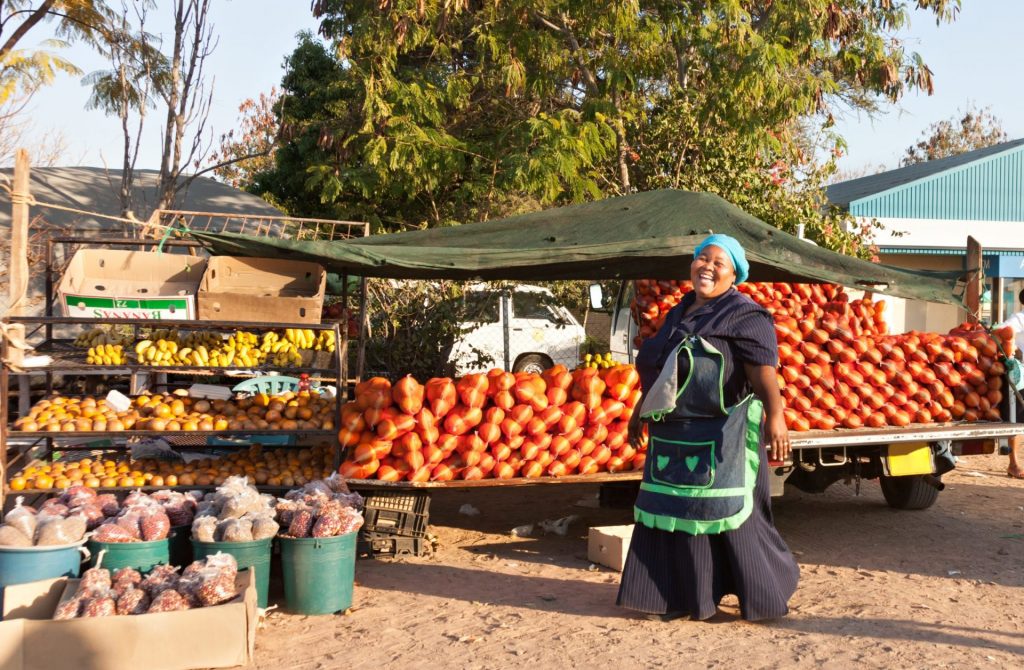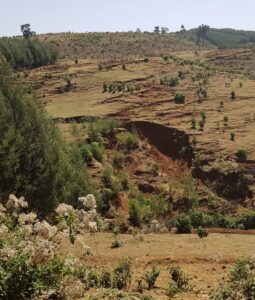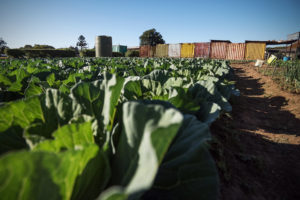Virtual jobs: African Smallholder Farmers and food imports
This report argues that green water management is a key component in supporting African smallholder farmers. Done right, this will provide new jobs, increase productivity and food security, and combat the effects of climate change.

Every tonne of food imported into Africa could have been grown there. This would provide jobs, save money, and increase food security, making countries more resilient. Rethinking food imports could therefore positively impact the livelihoods of African smallholder farmers.
This report outlines what it would take to substitute imports with African-produced food. What would be needed to increase crop yields, improve climate resilience, and create sustainable livelihoods.
Today, productivity is limited by water availability issues, particularly the variation in rainfall and high-water losses, but a greater focus on green water management and high water-use efficiency may help smallholder farmers to increase productivity and enter the agricultural value chain. Increased attention and investment into enhanced rainfed agricultural practices will also lead to viable rural economies, ensuring that Africa is more resilient in the face of a changing climate.
Lessons learnt
- Each USD 1 billion dollars spent on food imports is equivalent to the annual income of 334,000 farming households representing 670,000 on- farm jobs and 200,000 off-farm jobs. The addition of the dependants of these households means that each billion dollars of food imports directly impact the livelihoods of 2.17 million people.
- As a result of those subsidies, food produced in SSA has to compete with imported food on the local market and public funds / precious wasted financial resources to import food. There is an opportunity cost: funds could be spent on growing the rural economy.
- Water availability issues, particularly the variation in rainfall and high-water losses, limit productivity. With the growing reality of climate change, rainwater and soil-moisture management is critical.
- Investment in enhanced rainfed agriculture can bring much needed food security plus climate resilience for smallholder farmers whilst regenerating rural economies. Investing in green water management is the best way to support the building of viable rural economies and ensure that Africa is more resilient in the face of a changing climate.



